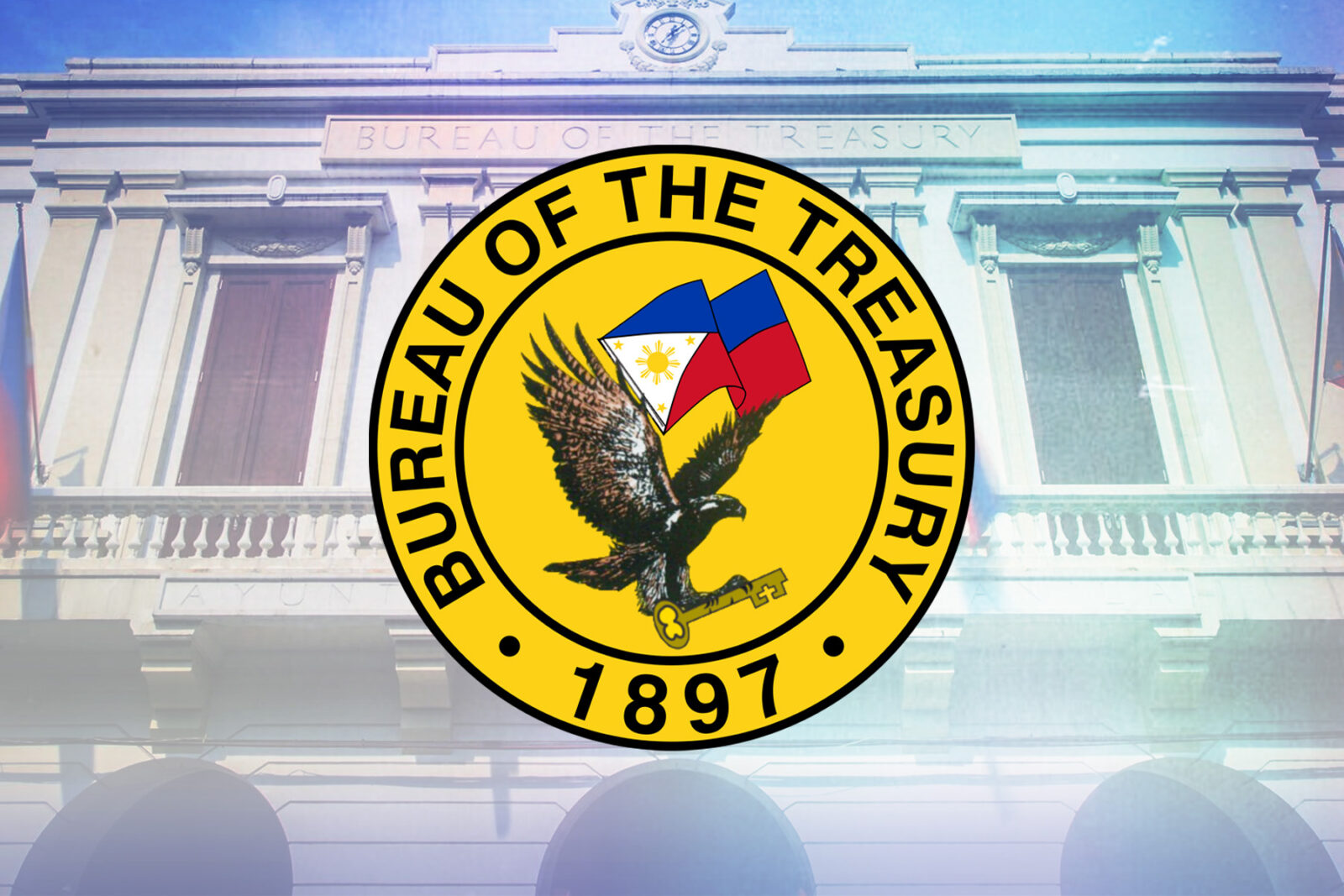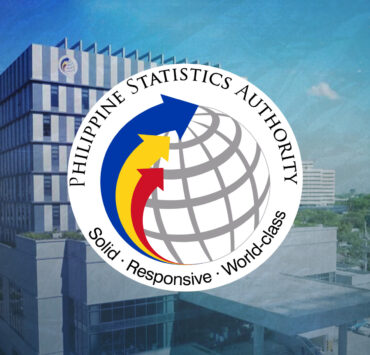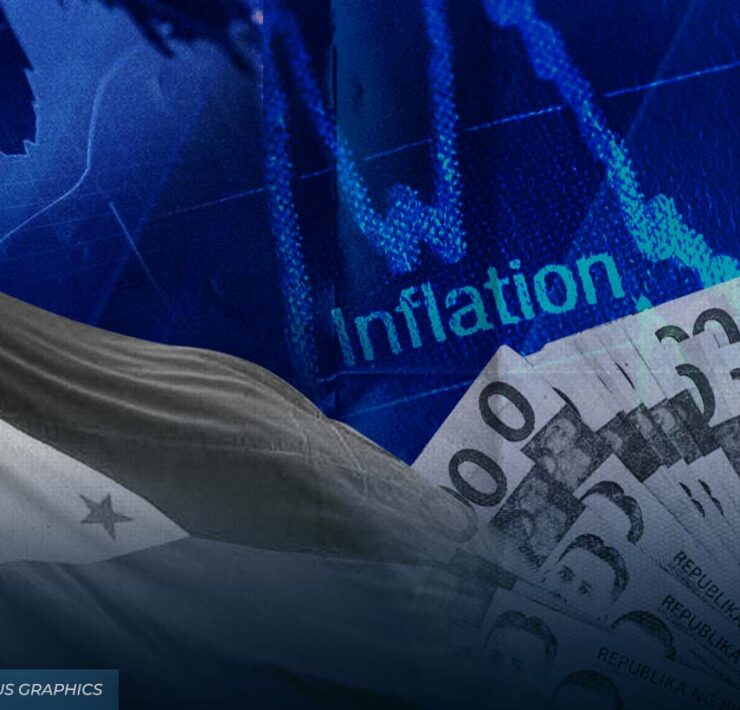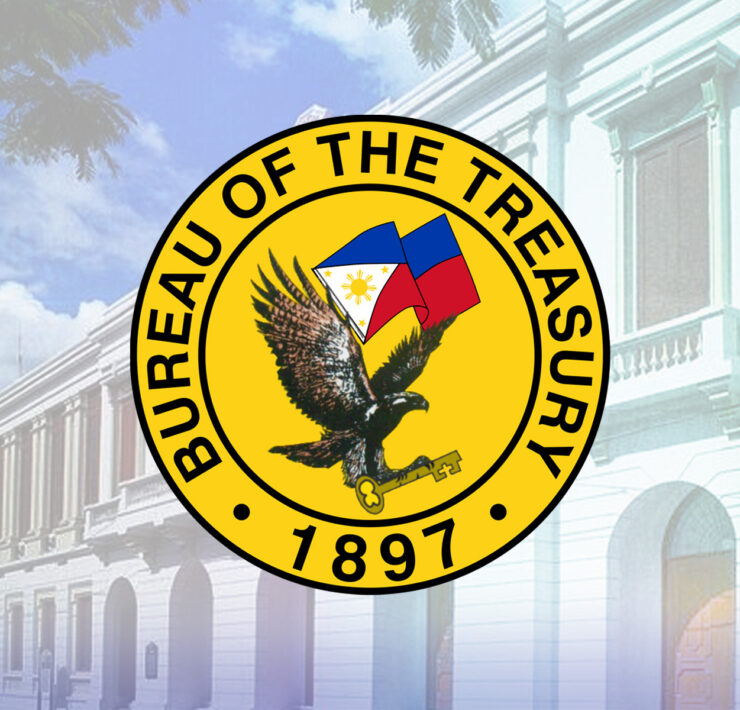Stronger peso eases Philippine debt rise

Lower foreign obligations due to the peso’s appreciation tempered the growth of the national government’s debt stock in March. The Marcos administration is banking on “strong” revenue collections with no new taxes to keep liabilities at a manageable level.
Latest data from the Bureau of the Treasury (BTr) showed the government’s outstanding debt had reached a fresh peak of P16.68 trillion in March, up by 0.31 percent month-on-month.
Since the beginning of the year, liabilities have piled up by 4.11 percent or an additional P632.68 billion.
Figures showed the modest increase in the debt burden was due to the 1.92-percent decline in external obligations, which reached P5.3 trillion. Money borrowed from foreign creditors accounted for 31.8 percent of the state’s total debt pile.
The BTr said a stronger local currency—which had been gaining ground against a retreating greenback—trimmed the peso equivalent of US dollar-denominated borrowings by P66.22 billion.
At the same time, the government paid some of its loans offshore. This further cut its total foreign debt by P60.84 billion.
Those decreases offset the 1.39-percent increase in local borrowings, which reached P11.38 trillion.
The BTr said the government had borrowed P157.86 billion more from domestic lenders than it repaid during the month.
But this was partially tempered by the P2.03-billion decline in the peso value of dollar-denominated local debt.
Manageable
The Treasury said the government can keep its obligations at a manageable level even without new taxes to boost state coffers.
This, after the Department of Finance (DOF) recently withdrew its proposal to increase capital gains tax, donor’s tax and estate tax. These would have generated P300 billion in much-needed revenues through 2030.
The tax bill became a target of criticisms online ahead of the May elections. In pulling out the measure, the DOF told lawmakers it was collecting enough revenues to meet the needs of a growing economy.
Moving forward, the Treasury said a potential credit rating upgrade could help the government borrow money at much cheaper costs.
The state would also continue to rely more on domestic borrowings to mitigate its exposure to external financing risks like foreign exchange fluctuations and high global interest rates.
“With the economy continuing to grow faster than its obligations, the country remains firmly on track to achieve fiscal consolidation and reduce the debt-to-GDP (gross domestic product) ratio to below 60 percent by 2028,” the BTr said.





















